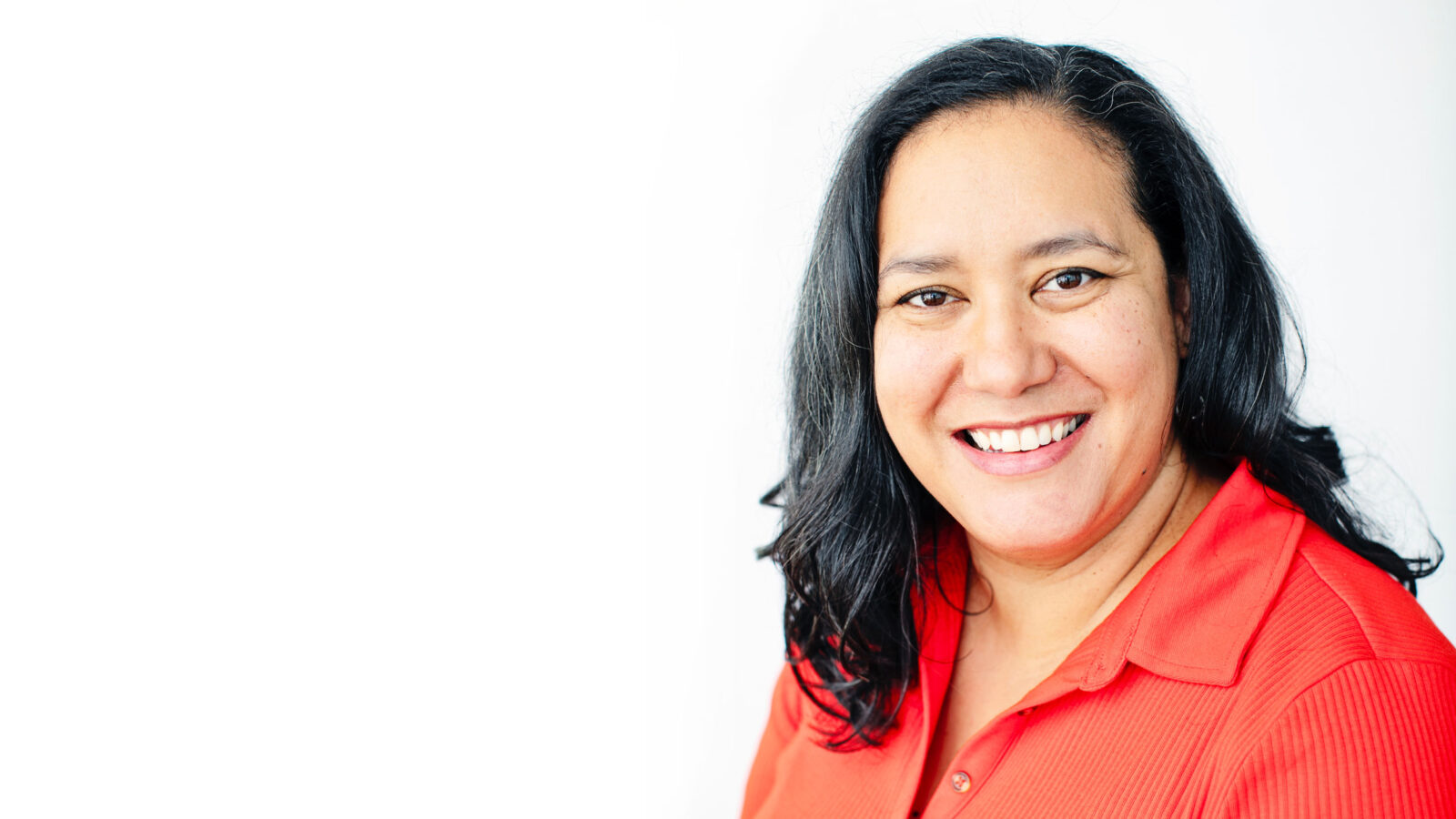Why are talented kids from underrepresented backgrounds not finding success in the business world? Because they often don’t have the opportunity to prove themselves, says Nicole (Smith) Moore ’97, whose organization Sponsors for Educational Opportunity is working to change that.
As Vice President and Head of the Career Program and Operations for the New York City-based nonprofit Sponsors for Educational Opportunity (SEO), Nicole (Smith) Moore ’97 knows well the life-changing impact that her organization’s career-preparation programs and training can have on the lives of talented young people from underrepresented backgrounds. After all, she was one herself.
Raised by a single mother in Lynn, Massachusetts, Moore attended middle school through a diversity program at the independent Shore Country Day School, in Beverly, and then applied to Williston after meeting Coach Ray Brown ’55 at one of her basketball games. Visiting the campus, she says, “Williston felt like home almost immediately.”
While she did witness instances when students of color were misunderstood or received differing treatment from white students, she says Williston “got it right much more often than they got it wrong.” And on a personal level, her success in this new environment taught her a lesson about talent and opportunity that would become a guiding theme in her own life, and her career. “I felt like I was able to collaborate with my classmates and compete with them on an equal playing field,” explains Moore, who now lives in Brooklyn with her husband, two daughters, and mother. “I could compete in class debates. I could compete on the basketball court. I could compete to outwork someone and do a better job on a test. And what it taught me is that, yes, this kind of education is exclusive and, yes, people who can afford it benefit from it. But being able to afford it does not mean that other people don’t deserve it, and aren’t equally as talented and able to achieve.”
Inspired to broaden opportunity for others who were less fortunate, Moore came up with a long-term career strategy: At Emory University, she majored in sociology and Spanish, and planned to return to school to study family law. To pull it off, she first needed to improve her own financial situation in the most efficient way possible. She heard of a program run by an organization called Sponsors for Educational Opportunity that helped Black, Latinx, Native American, and other talented but underrepresented college students find high-paying jobs on Wall Street. Though she knew nothing about finance, she applied, was accepted, and soon was interning at investment bank Donaldson, Lufkin & Jenrette. That led to a job in equity capital markets at the downtown office of Merrill Lynch, where she found herself on the morning of September 11, 2001.
She was at her desk when she heard and felt the first plane hit the World Trade Center across the street. Fleeing the scene in a cab with eight others, she arrived at her Manhattan apartment and saw the first tower fall. “Experiencing something like that really puts everything into perspective,” she says. “It makes you think, what are the things that are really important to me? What’s the legacy I want to leave? You recognize that you get this one precious life. And what I chose to do is to find balance, which you cannot find on Wall Street.” She joined SEO in 2006, thinking it would be just for the summer, but “fell in love with it,” she says. “I took on any and every project I could get my hands on and became really excited about the type of change that SEO is making in the world.” Through the organization, she would later earn her M.B.A. at Columbia.
Today at SEO, Moore runs the flagship career program, with a budget of $11 million and a staff of 40, which identifies talented graduates from under-represented backgrounds and prepares them for lucrative careers in finance, banking, real estate, and technology. (SEO also has programs that offer academic support to high school and college students.) Once accepted into the highly selective program, students receive up to two years’ training in both technical and soft skills, are coached in various career options, and are given access to the network of nearly 20,000 alumni that have gone through the program since its launch in 1980. Moore is careful to clarify that SEO is not an affirmative action program. “We focus on supporting students who need an extra helping hand, not because they’re not achieving at the same level, but because they don’t have the same networks and access.”
That core insight—that talent is everywhere, but opportunity is not—has been borne out by SEO’s gratifying record of success, says Moore. SEO alumni regularly tell her how the program changed their lives. “They’re emotional,” she says. “‘If SEO hadn’t shown me the way, or given me this piece of advice, or helped me navigate the situation, I wouldn’t be where I am today.’” On a broader societal scale, she notes, SEO’s stories of success offer powerful inspiration to other talented young people who may never have considered high-powered careers.
“That’s what I saw through my Williston experience,” says Moore, “And that’s what I try to help other young people see through my current work: ‘You can do this. It’s not going to be the same path. It’s not necessarily going to be easy. But you belong, and you can do this.’”
And as a role model herself, she would know.
To learn more about the work of Sponsors for Educational Opportunity, go to seo-usa.org.
Williston memory: “I took an African American studies class in which we learned Swahili and engaged with someone from the continent to understand our roots. At a predominantly white prep school that’s pretty progressive for 20-some odd years ago.”

